Introduction
I was recently invited to speak in St John’s college in Cambridge, on the question of whether there is a need for religion in the 21st century. My immediate response to this question was that if God exists and has revealed religion, then there is a need for religion, because religion in that case would be the path to Him. It would be the only avenue to fulfillment, the only route to contentment. For if God, as commonly understood, exists, then such a being would never had made the universe without a purpose. When you and I avoid doing minor things without a reason, it is irrational to believe that the designer, creator and sustainer of all existence would have created this universe without a reason either. The Holy Quran alludes to this in Chapter 21, when it says:
“We created not the heaven and the earth and all that is between the two in sport. Had We wished to find a pastime, We would surely have found it in that which is with Us, if at all We would have been inclined in that way.” (21:17-18)
Rather, the Holy Quran tells us that the entire purpose of the universe was to create humanity, and whatever other humanities are out there, so that we may know God, love Him, and worship Him. This worship is more than just devotional, but is in reality a powerful two-way connection that causes the worshiper to reflect the qualities of God, like the moon reflects the Sun. It tells us that it is in the remembrance of God that hearts find contentment.
If God exists, and if he has revealed religion, and if there is a life after death, then the need for religion is as strong in the 21st Century AD as it was in the 21st Century BC. Such questions, and such answers are timeless, and cannot be confined by time and place.
Why the West Abandoned Religion
Whether these claims are true however, is a different question. I suspect the question specifies the 21st Century because of where humanity is now. Unlike any previous era, we now live in an era that is characterized religiously by the lack of religion, by the widespread adoption of atheism either implicitly or explicitly. Indeed, while there remain billions of believers in God worldwide, the most developed nations and decision makers of the world have adopted atheism as their modus operandi, with both science and popular culture being explicitly anti-religious.
Religion is seen as an outdated belief system, based upon myths and legends, a worldview that explained natural phenomena for the primitive mind, but which, surely, we have gotten past. While modern society will tolerate, and often support the exercise of religious culture, real religious devotion and fervour is looked upon with some suspicion. The suspicion is either that of a weak mind from an ethnic culture, unable to yet fully grasp the import of modern science, or perhaps, a lost soul seeking some temporary solace after emotional upheaval. Religion is rarely seen as genuinely, potentially true.
The reasons for this are at least two-fold. First, the rise of science in the modern West has displaced religion as an explanatory worldview. The religion it displaced was of course Christianity, and the findings of science was seen to contradict the Bible’s descriptions of a seven day creation week, a universal flood, geocentricity, strict special creationism, and belief in a crucifixion event over which many have doubts.
Of course, Christians have different views on these issues, but the historical impact of literalistic interpretations is undeniable. Over the course of centuries, the intelligentsia of the West lost their belief in Christianity, and this accelerated in the mind of non-scientists thereafter. The rise of the state as an organising force in society displaced many of the functions that Churches had had historically in organising communities. The modern western mind therefore finds itself most often in a kind of default atheism, perhaps with a nominal Christian background. There are of course exceptions, but this is the generality and the trend.

And apart from Christianity, what other options do people have? In terms of numbers and influence, the other major ‘competing’ religion is Islam. But from Islam they see Muslim-majority nations enmeshed either in the most egregious materialism and money-making, or oppression of their own minorities, mutual warfare, dictatorships and corruption. They see too often extremism which even spills out into their own streets. (Read more about Jihad in Islam here).
If other religions such as Buddhism are turned too, these are often used not to truly change one’s life, but as interesting philosophies from which one can gain valuable life advice — something which does not accord with the intentions of the original founders of these great, revolutionary traditions.
Thus the western mind finds itself facing a bind – turn to Christianity and face the difficulties with science once more, turn to Islam and confront potential extremist teachings, or simply continue in default atheism. Unsurprisingly, the last option is taken up, though the thirst and hunger for something more, some guidance, some fulfillment remains palpable. Thus it is that popular figures who represent some trace of religiosity or spirituality become the centre of an adoring fanbase. We see this with the modern adulation of Jordan Peterson, Russell Brand, Ben Shapiro etc… a response to and rejection of the militant atheism of Richard Dawkins and Christopher Hitchens, now seen by the popular culture as a distasteful and regrettable flirtation.
I suggest that the reprieve of the western mind is coming, that one can be spiritual and scientific, be rational and be religious. Naturally, I believe that my own faith, that of the Ahmadiyya interpretation of Islam represents this. I do not seek to convince you of this in this brief time, but I do want to show how both modern science cries out for God to explain it, and how modern culture cries for religion to guide it.
Modern Science Points to God
150 years ago, the scientific consensus was clear. The universe was eternal — it had always existed. It was mechanical, with the laws of nature being followed like clockwork, strict determinism ruled the day, and Darwinism could probably explain all biodiversity. In other words, there was no need for God to begin the universe and he was rather redundant within it.
This view was to undergo many revolutions. The most significant among them was that of the Big Bang revolution. Einstein’s general relativity equations implied that the universe was expanding, like a balloon. Belgian Catholic priest Goerges Lemaitre wound back the clock, and realised that there had to be a beginning – a primeval atom. This in time became the Big Bang theory, which implies a beginning to the universe, a first moment, prior to which it did not exist. Big Bang cosmology does not support an eternal universe, and attempts to rewrite it don’t fare well. The question then becomes, who caused the Big Bang. Do we not need an eternal entity which created it?

Meanwhile the strict determinism of yesteryear came crashing down with Quantum Mechanics. Whereas free will was really impossible in the deterministic universe, the flexibility of quantum mechanics gives a scientific basis to say that the universe’s destiny is not laid out in all its fine details.
As the decades rolled on, we discovered that the universe is finely-tuned. If its initial conditions, if the laws of nature themselves or the constants with which they operate were even slightly changed, the universe would not function as it does. If gravity was made more or less powerful, it would either expand too quickly or collapse in on itself. If different forces were changed, you would not have the development of heavier elements, the formation of solar systems and planets, and you would not have the chemistry you need to get biology. Life cannot emerge from hydrogen and helium alone. It seems that the universe is specially set up to create a universe that would be able to create life. It’s a house of cards, and with one wrong move at the fundamental level, the whole thing would come crashing down. Many physicists have tried to solve this with a multiverse, which just pushes the problem up one further level – who designed the multiverse to produce a universe like ours? What all this indicates is the presence of a mind who designed the universe, a mind that values life – a living, conscious and intelligent mind. Starting to sound a little like God, right?
Within this universe, we trace our lineages down to some primordial cell. While Darwin imagined that life could emerge quite easily in some ‘warm little pond’, it turns out that the emergence of a cell with DNA and RNA code remains an incredible mystery. The DNA code is essentially like a language. The words have to be spelt in a specific way for it to make sense – for it to produce amino acids that fold into proteins. And there needs to be a simultaneous translational machinery for the whole thing to function.

So many factors would have to come about together that the co-discoverer of the DNA code, Francis Crick, thought it had to have come about in outer space than on Earth. Again, this just displaces the problem to elsewhere. Meanwhile, we see in the evolutionary history of life, massive increases in the information present in the DNA code at sporadic junctions. Natural selection cannot help here, because selective processes select what already exist. If the DNA underlying the massive jumps in evolution need huge amounts of extra information, then Darwinism is not sufficient. But an intelligent author of the universe is.
It is upon surveying this evidence that shocked Fred Hoyle, the great Cambridge astrophysicist, converting him from his default atheism into a belief in God. He said:
“A common sense interpretation of the facts suggests that a super-intellect has monkeyed with physics, as well as with chemistry and biology, and that there are no blind forces worth speaking about in nature.”
The trajectory of modern science I think is clear. While these interpretations are certainly contested, they are often contested with an inquisitorial fervour that reminds one of the high priests of religion seeking out the heretics. This is in fact the case, because science is the scripture of modern atheism, and if new chapters are discovered that contradicts the edicts of the high priests, then the whole edifice will fall. The cognitive dissonance will be too much to bear.
The Quran on Science
This is the testimony of science, but can religions that are over a thousands of years old ever tells us something meaningful about science. I suggest that they can. The Holy Quran, directly, specifically discusses natural phenomena in ways that are extremely surprising. You’ll remember that the Big Bang was proposed after the expansion of the universe was understood. The Quran says in Chapter 51:
“And We have built the heaven with Our own hands, and indeed We go on expanding it.” (51:48)
This is not a mistranslation. This is the plain meaning of the words. It says in Chapter 21:
“Do not the disbelievers see that the heavens and the earth were a closed up mass, and then we opened them out? And we made every living thing from water.” (21:31)
The word used for a closed up mass is ratq, which indicates something seamless, homogenous, and dark – a rather beautiful description of a singularity.

The Quran does not stop there, but in Chapter 65 tells us that there are many other planets like Earth out there in Chapter 65, and their inhabitants are sentient and receive revelation from God. It tells us in Chapter 42:30 that the God has spread terrestrial creatures throughout the universe, and that we will one day come in contact with them.
It does not stop at cosmological issues but discusses issues of geology, biology, and others. It even covers embryology, the development of the human within the womb. The beginning of Chapter 23 gives medical details completely different to those of Aristotle and Galen, giving a correct description of fertilisation, implantation, the development of organs and the musculoskeletal system. I cannot give you a detailed analysis of this at this time, but I don’t ask you to take my word. Instead I ask you to consider the word of Keith L. Moore one of the most decorated anatomists of the 20th century, who literally wrote the textbook on embryology that I used at medical school. He said:
“Muhammad could not have known these facts about human development in the 7th century because most of them were not discovered until the 20th century. Muslims and others are justified in concluding that these facts could only have been revealed to Muhammad by the One who knows all about us, not only about how we developed but about how we live and function.”

For these reasons I propose that not only does modern science indicate the need for a God, but that these findings support the claims of the Quran. The Quran is not a scripture that is opposed to scientific discovery. In fact, it is ahead of science, predicting the discovery of things that were completely unknown in 7th Century Arabia. It even discusses the successive forms that man underwent in guided evolution, prompting John William Draper in his famous 1874 book to call evolution a Mohammedan, or Muslim theory.
One of the major stumbling blocks to the western mind – that of science contradicting religion, is not an issue for Islam. If what I have claimed is true, and the Quran really does speak of these phenomena, then this is powerful evidence that God exists. And if God exists, then religion is needed for us to fulfill our purpose.
Atheism’s Destructive Influence
But let us now look at the opposite perspective. The idea that we are doing just fine without religion. In reality, each one of us has a religion, as the fonder of the Ahmadiyya Muslim Community, Mirza Ghulam Ahmad, peace be upon him, pointed out. He said:
“What is religion? It is the path one adopts for oneself. In reality everyone has a religion or creed. An irreligious person who does not believe God exists still has to choose a path to follow, which in essence is their religion. However one should stop to think whether the path they have chosen in life truly gives them everlasting happiness, peace and tranquility?”
He said that a religion can be understood as our path in life, that in which we hope for salvation, for absolution, for progress and contentment. While religious people choose the religions they believe to be from God, non-religious people choose their own religions. They may devote themselves to their career, to making money, to looking beautiful, to their family and even to helping others. But are these non-religious paths working? Has the non-religious era been one of peace and contentment?
I think it is plain that it is not. The last century or so has seen the greatest devastation ever seen through WW1 and WW2. WW3 is now at our doorstep. The root cause of all such wars is greed and arrogance. Seeking to take what is others’ for themselves. Seeking security in total domination rather than employing trust and goodwill. Such an attitude is anathema to true religion. True religion teaches you to believe in God, to recognise Him as our common creator. To see each other as the equal creation of God. We all have rights, yes, but we also have responsibilities to each other. Just as we are naturally sympathetic to our own brothers and sisters, so religion teaches us love towards others, wherever they are from.
This is a far cry from the atheistic premise – that we all exist in a darwinian struggle for survival, that might is right, and that winner takes all. There is no doubt that nominally religious people both now and in history have usurped the rights of others, but they do so in contradiction to their religious teachings. Atheism, meanwhile, is a vacuum. Morality is voluntary, and can be dismissed as needed. This was seen most clearly in the USSR, the most atheistic state in human history, which crushed freedoms and humans alike in the name of science and progress. One could not point to any text it violated, because there is no text of atheism.

Atheist Economics
Let us then look at economics. We stand again on the precipice of massive financial disaster. Even when capitalism was working well, it based itself on slave labour, the extermination of indigenous peoples, and the ongoing exploitation of the global south. Islam condems all such actions. It also condemns the proliferation of interest. It is now forgotten, but it took hundreds of years of lobbying from bankers in the west to allow interest 500 years ago. It was forbidden in Judaism, Christanity, and Islam. Dante had a special ring of hell for those who charged interest, because it represents the lenders exacting a profit from the needy. It therefore inherently creates inequalities, leading to a gradual reduction in spending power, and periodic collapses that we call recessions.
The fiat money system depends upon this foundation – it is one branch of the tree of interest. The Quran condemns interest, saying that the system that arises from it is one driven by insanity. Instead, it advocates a marginal wealth tax in Zakat, money which goes to the poor in society, something gaining favour in some political circles these days. It gives extensive guidance on how to create a fair monetary system and how to have fair markets. If man-made laws and systems are failing us, should we not look to those of God?

Atheist Culture
When we look at the more local level, the need for religion becomes even more apparent. Religion gives us moral guidelines. It gives you a code of conduct, guidance on how to live your life. Modern culture has adopted the religion of unlimited freedom. Any instinct, no matter how base, must be acted upon immediately. Drinking and taking drugs are normalised, with the massive amount of social trauma they cause hidden away in police stations and psychiatry wards. We have demonised traditional marriages that allow a physical relationship to take place only after marriage, that prioritise creating a safe and stable home for children with both parents sacrificing for the family good. Instead, we have championed an individualistic dating culture that leads to shallow physical relationships, widespread infidelity, and poor long-term prospects. The immense heartbreak and personal upheaval this causes is widely experienced, but little discussed.
Without guidelines, what are we supposed to do? Freedom from God is slavery to the world, to whatever social trends we happen to be born into. We adopt them unquestioningly, while looking down upon the religious with their rules and regulations. And yet we stop at every traffic light, knowing that without them, there would be chaos. The traffic lights of religion however are ignored. Why? Because we are free, free to hurt, free to wander in pain without guidance and without purpose.

What’s the Point?
Indeed, it is this lack of purpose that is perhaps the most pernicious result of atheism. At the heart of atheism there is a gnawing question – what is the point? What is the point of life, why do we endure this suffering if we are here as the accidental byproduct of an accidental universe? How do we make sense of this world? Why get up every morning, just to die one day in our beds? We prefer to bury these questions, distracting ourselves with routine and activity, but these are just toys to play with while the clock ticks down. We are then surprised when the hopelessness that atheism breeds manifests in depression and anxiety, and we treat it with medication, as if that can nullify the effects of our entire culture.
But the question is valid. Under atheism, there is no point. But the good news is that we know this is false. We look around and see a world clearly filled with purpose. We see, among the bad, so much good in each other. We know there has to be a reason for it all, it can’t all be an accident. There must be guidance, real guidance on how to deal with suffering in life, how to live, how to be.
The Need for a Rational Religion
I suggest that we need to take another look at religion. Religion is the only answer to these questions, because it is the only worldview that tells us that there really is a higher purpose for us, that guidance exists. For me, Islam represents a rational religion, an opportunity to be both spiritual and scientific. It gives Muslims guidance on everything, from the highest levels of international law to the most subtle nuances of human morality.
I believe the western mind too must reject the religion of unlimited freedom that chains you to a million worldly burdens, and instead, look towards the path laid out for us by God. If salvation exists, it is only in this that we will find it.





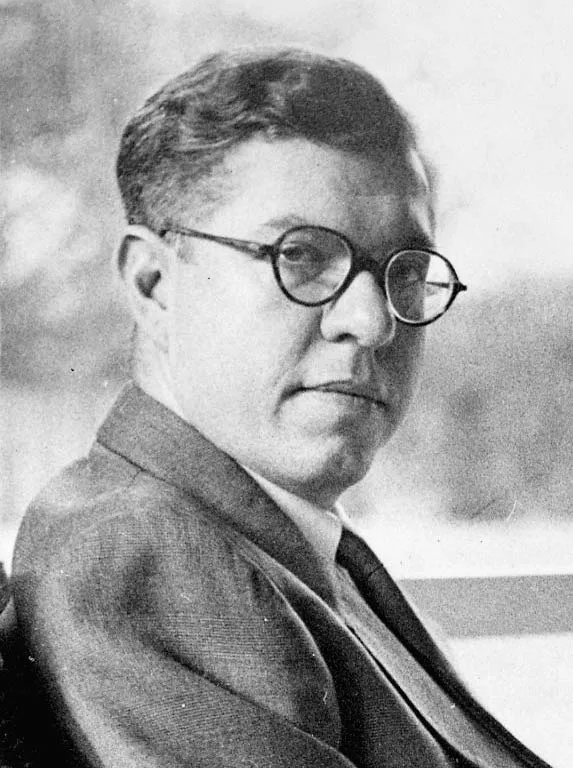

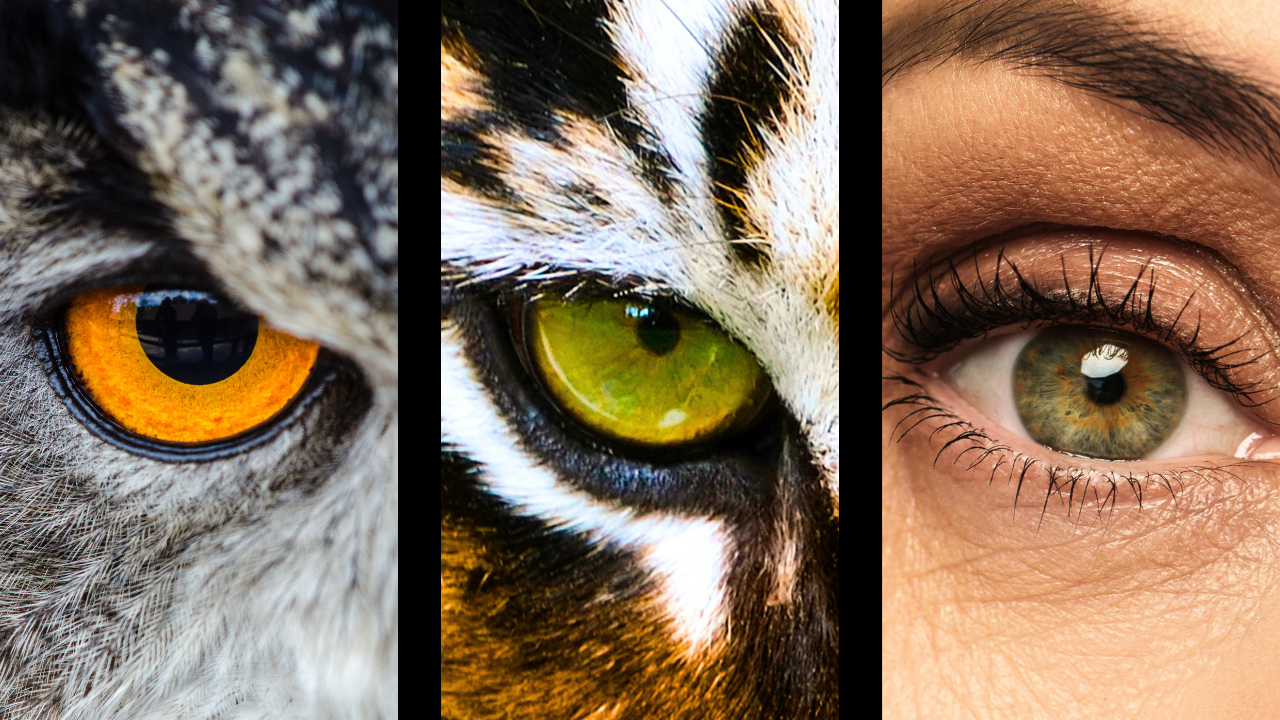

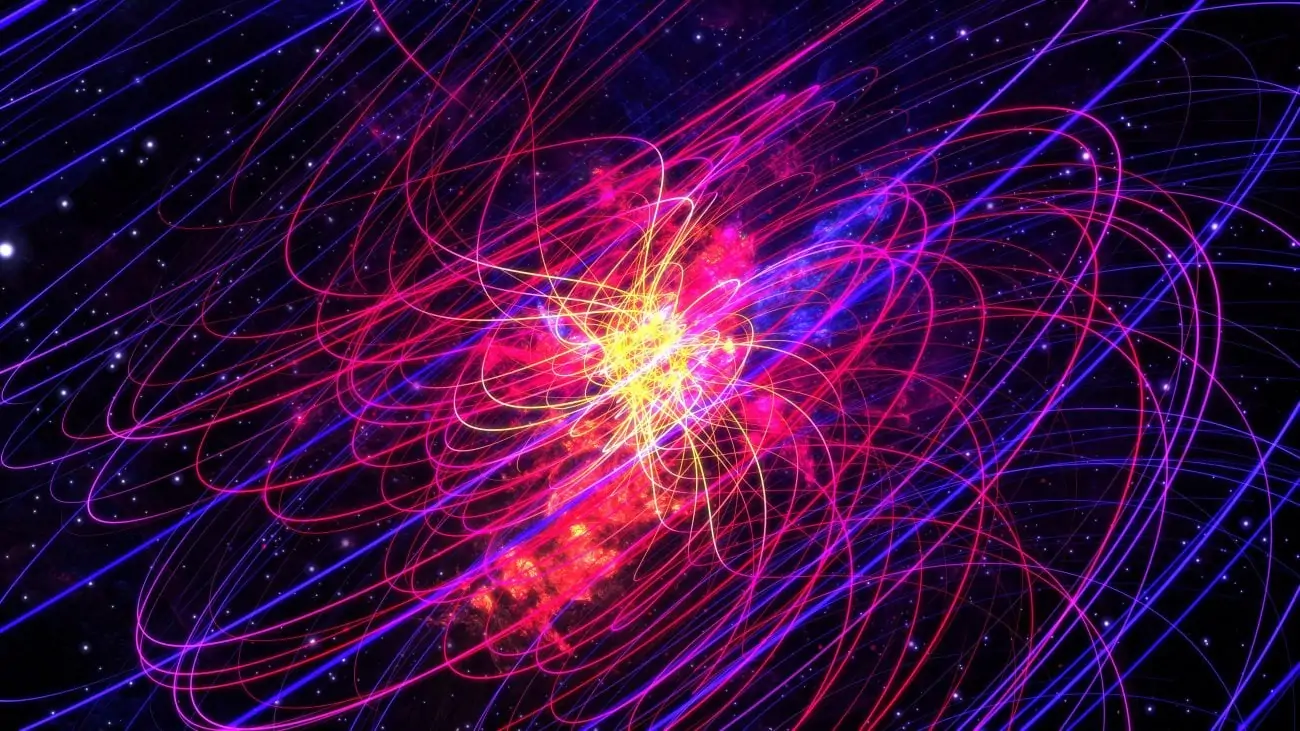
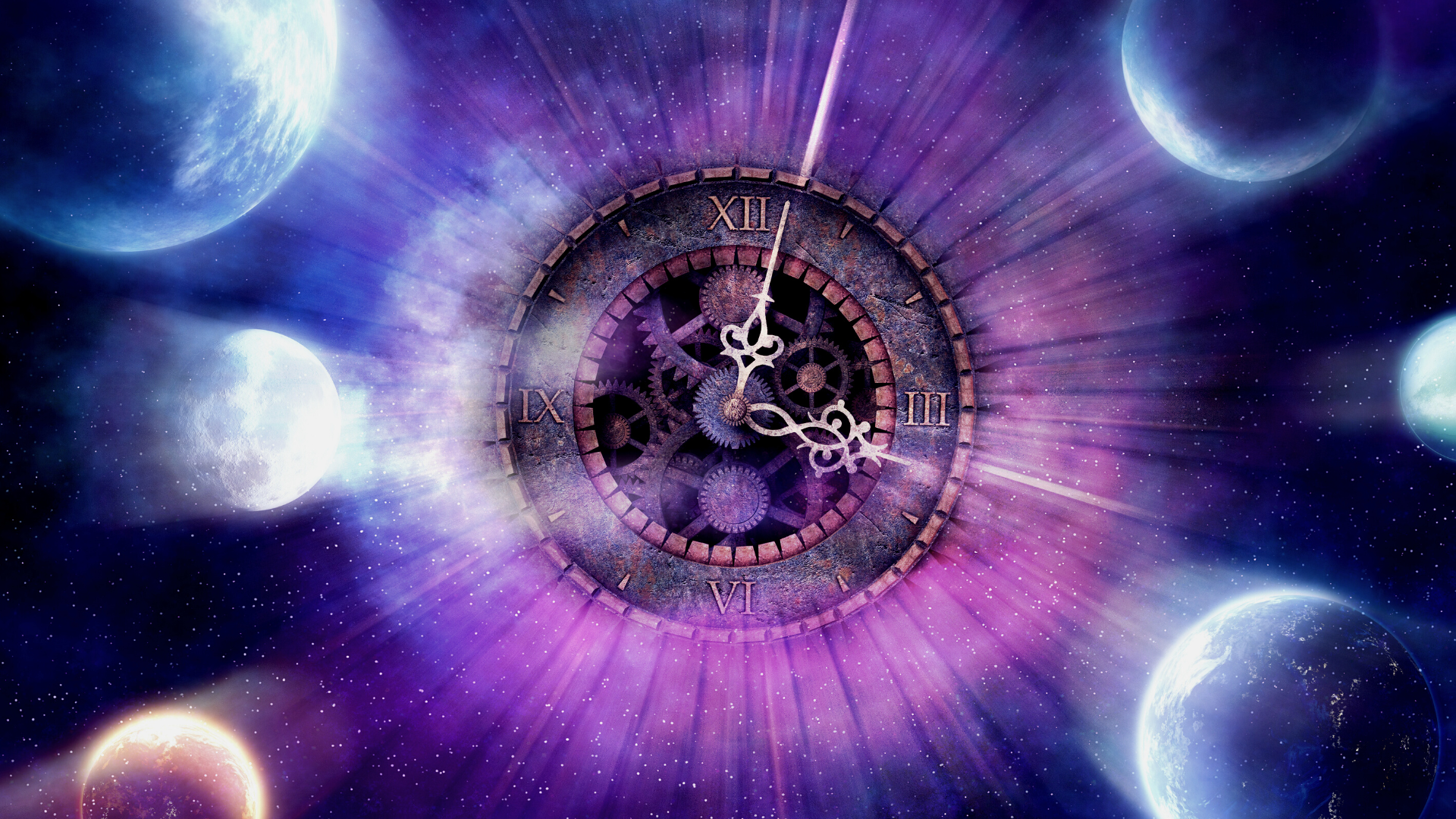

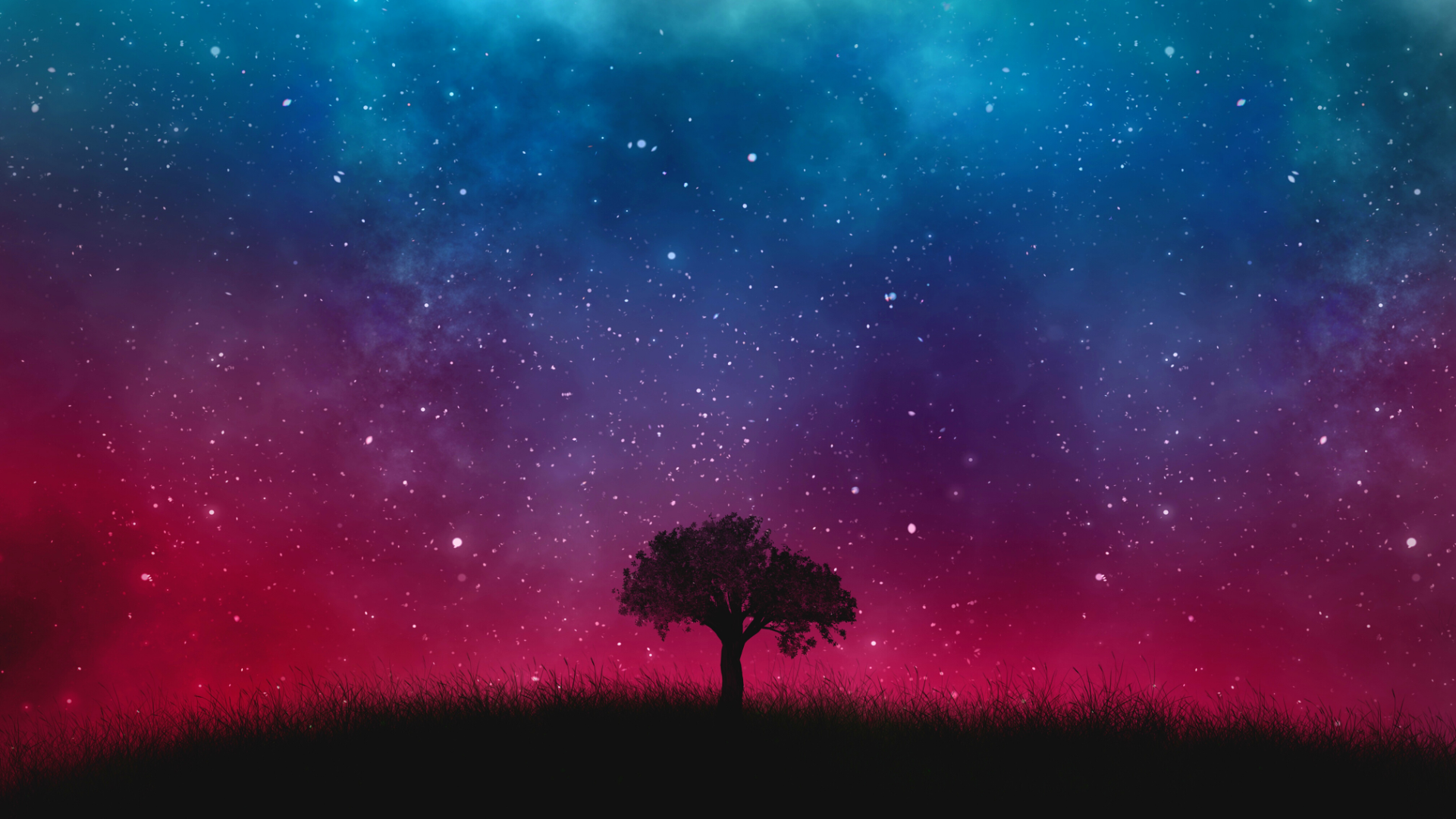

Why is religion dying in the educated West? Answer: the supernatural claims of Christianity are preposterous to a modern, educated brain. Belief in the bodily resurrection of Jesus defies good critical thinking skills and common sense.
If God the Creator came to earth in human form, performed numerous fantastical miracles including raising people from the dead; was publicly tried, convicted, and executed by a governor of the Roman Empire; but three days later, rose from the dead and appeared in “heavenly form” to multiple groups of eyewitnesses, including one crowd of over 500 people, SOMEONE would have recorded the dates of these events. But no one did. These stories are legends, folks. If these extraordinary, fantastical, but undated claims were made by any other religion you would laugh and not give it another second of your time. Jesus may have existed, but the fantastical tales about him are clearly legends. Period.
https://lutherwasnotbornagaincom.wordpress.com/2022/12/10/gary-i-doubt-you-could-go-toe-to-toe-with-a-knowledgeable-christian-apologist/
4.5